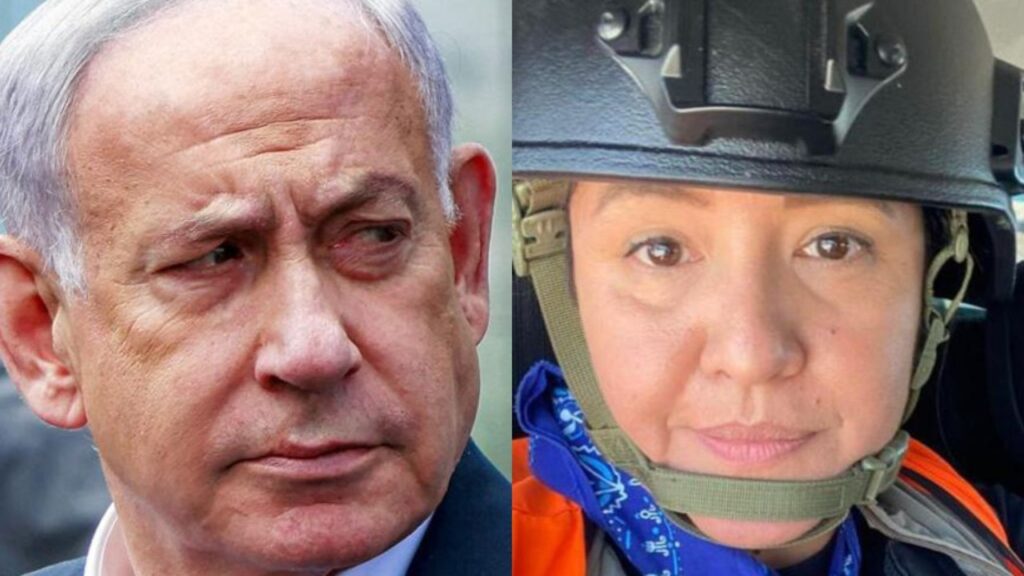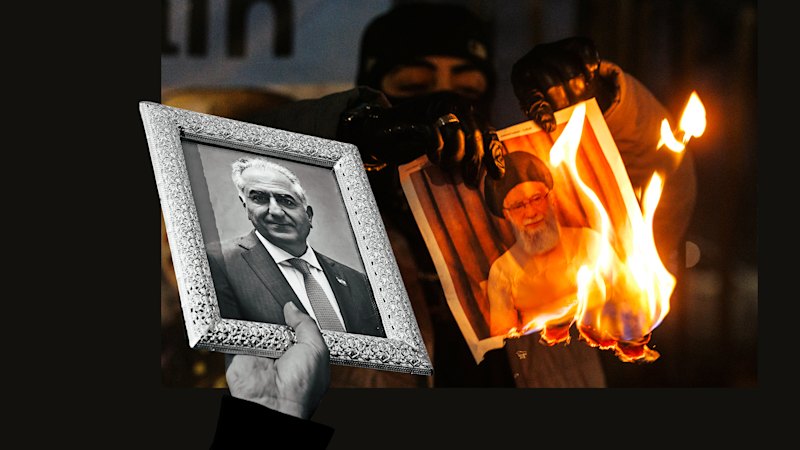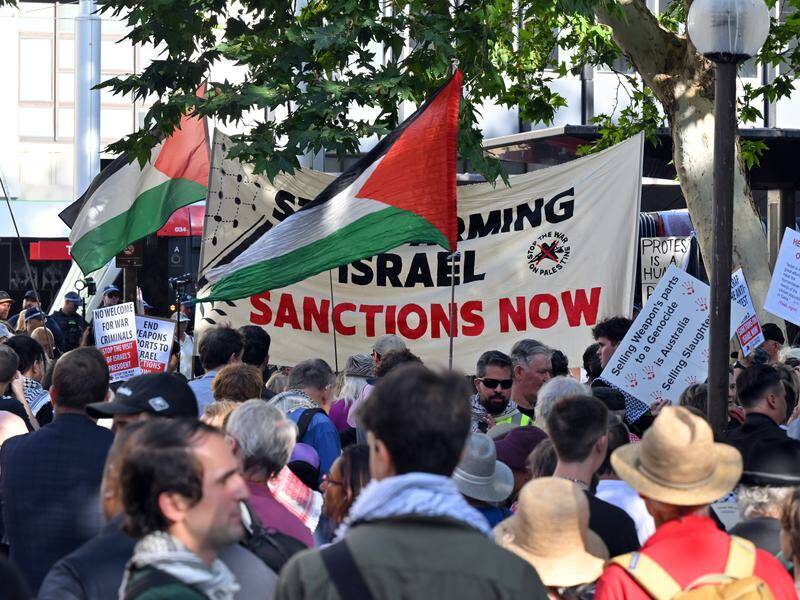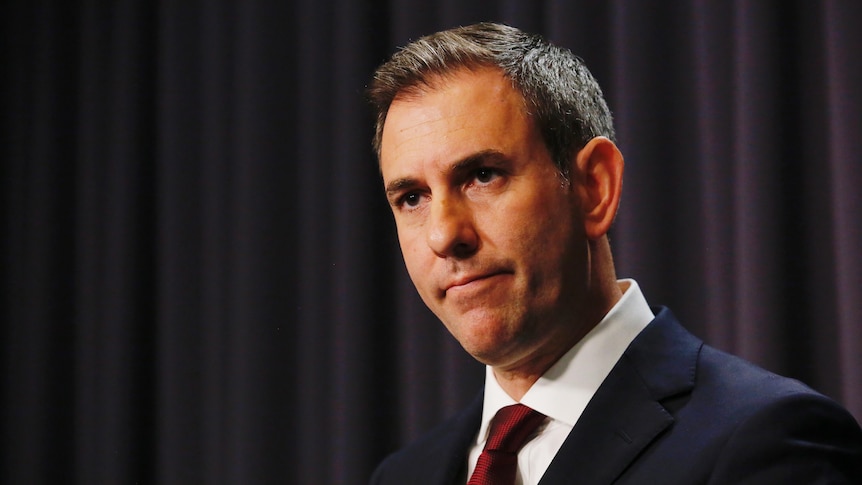
The Australian government is proposing significant changes to its criminal code that could classify foreign military entities as terrorist organizations if they are involved in the killing of Australian citizens. The legislation, introduced by the Albanese government, aims to designate Iran’s Islamic Revolutionary Guard Corps (IRGC) as a terrorist organization. This move has sparked debates among lawmakers regarding its implications and potential unintended consequences.
During a recent parliamentary session, members from both sides of the aisle questioned key officials on the proposed amendments. Andrew Wallace, deputy chair of the Joint Committee on Intelligence and Security, expressed concerns about how the law could affect individuals caught in armed conflicts. He sought clarity from Luke Muffet, assistant secretary for national security, regarding whether the law would extend to situations where Australians inadvertently become victims in international conflicts.
Mr. Muffet acknowledged that the law could encompass such scenarios. He explained that if a foreign state entity engages in a terrorist act resulting in serious harm to an Australian citizen or permanent resident, this could trigger the provisions of the new law. “A terrorist act is targeted at Australia if it causes serious harm to a person that is an Australian citizen or an Australian permanent resident,” he stated.
This raises significant questions about the implications for military actions involving Australian citizens abroad. For instance, the recent death of aid worker Lalzawmi ‘Zomi’ Frankcom in Gaza, where she was killed alongside six colleagues in an Israeli drone attack while delivering food, could potentially fall under this new definition. The Israel Defense Forces (IDF) later described the incident as “a grave mistake” that “shouldn’t have happened.”
Mr. Wallace inquired directly if the IDF could be classified as a terrorist organization under these new provisions if an Australian was harmed during the conflict. Mr. Muffet refrained from commenting on specific incidents but confirmed that if a foreign military does not engage in recognized international armed conflict yet commits acts of terrorism causing harm to Australians, it could lead to designation.
Further clarification was provided on the criteria for such listings. The Home Affairs Minister, currently Tony Burke, would need to determine whether the actions intended to advance an ideological, political, or religious cause and whether they aimed to intimidate the government or the public.
The Albanese government has been under pressure to respond to rising anti-Semitic attacks linked to the IRGC. In August 2024, Prime Minister Albanese announced plans to classify the IRGC as a terrorist organization after the Australian Security Intelligence Organisation (ASIO) connected it to multiple attacks in major cities, including incidents targeting the Adass Israel synagogue in Melbourne and Lewis’ Continental Kitchen in Sydney. ASIO chief Mike Burgess highlighted the threat posed by the IRGC, stating, “They put lives at risk, they terrified the community and they tore at our social fabric.”
This legislation reflects a growing trend among nations to designate state-backed entities as terrorist organizations, although few countries have laws that facilitate such classifications. The complexity of these legal measures often results in protracted legislative processes, making swift action challenging.
As the Albanese government seeks to enhance national security, the implications of these proposed laws will continue to be scrutinized, particularly regarding their potential impact on foreign military operations and Australian citizens abroad. The outcome of this legislation could redefine how Australia engages with international entities involved in conflicts where Australians are harmed.






